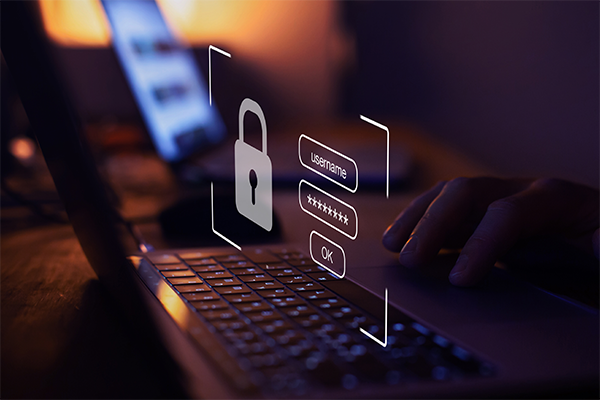It has been well over a year since the shift to remote work began, and now many companies are planning a move back to the office. Before the transition is made, a major point to consider is that the traditional workplace may no longer fit the needs of a post-pandemic workforce.
UPDATE: July 27, 2021
In a Friday, July 23, 2021 announcement, the Kaseya Incident Response team reported no reports or issues with their remediation efforts for customers impacted by the July 2nd localized ransomware attack against their VSA on-premises product. Due to this positive report, Systems Engineering has resumed the use of the two unaffected Kaseya modules we were monitoring as a result of the original VSA attack.
UPDATE: July 7, 2021
As of July 6th, Microsoft has completed investigations and released security updates (patches) to address the Windows Print Spooler vulnerability. Systems Engineering recommends patching your workstations and servers to address this and any future vulnerabilities. Our clients who
The promise of increased productivity in the cloud continues to ring true now more than ever. Access to corporate data from anywhere at any time while simultaneously collaborating as a team has kept so many businesses productive and competitive in our remote work environments. The caveat of access from anywhere is that without sufficient cybersecurity and risk management strategies, threat actors can also gain access to your sensitive corporate data.
In light of the uptick in breaches at small and medium-sized businesses (SMB), I wanted to briefly review the cyberthreat landscape and offer some cybersecurity best practices organizations can implement to better position their businesses against the bad guys.
Cybersecurity incidents are on the rise and not slowing down. This year, the nation has seen malicious cyberactivity against private sector companies such as SolarWinds, Microsoft Exchange, and most recently, the Colonial Pipeline. Cybercriminals also took advantage of the chaos brought on by the pandemic.
Cloud is becoming the preferred way of operating business, with 90% of businesses using cloud computing in one form or another. This fact is not surprising given the numerous benefits a company can realize such as hybrid work flexibility, increased collaboration, scalability, and so much more. While many organizations embrace this major shift to the cloud, one thing that must be a priority is your cloud security posture. But what is cloud security exactly?











